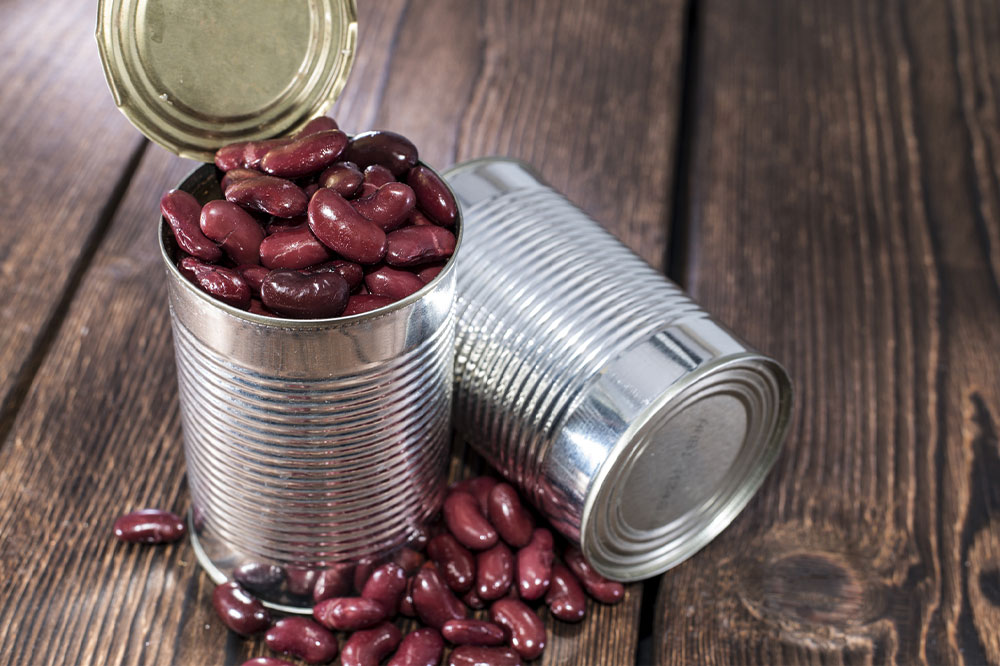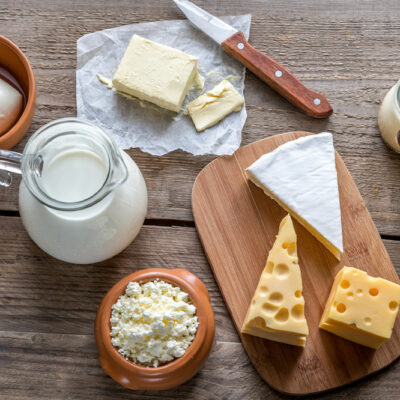
Foods to avoid for managing Crohn’s disease
When you have been diagnosed with a condition such as Crohn’s, it is vital to watch what you consume to avoid triggering or worsening symptoms. Although there is no specific meal plan for patients with this condition, it has been noticed that avoiding a few foods can help to manage the condition more effectively. However, these trigger items can vary from one person to another. Read on to learn about the foods to avoid during Crohn’s flare-up:
Dairy products
If you have Crohn’s disease, you might be lactose intolerant too. Lactose is a protein found in milk and dairy items such as cheese, and some people find it difficult to digest or process. Hence, consuming these items could trigger the symptoms of Crohn’s disease and lead to bloating, diarrhea, cramping, etc. However, dairy products are a rich source of vitamin D and calcium; if you are avoiding them, you would need to get these nutrients from other food sources. This can include green leafy vegetables and fortified cereals or juices. You might also need to talk to your doctor about taking supplements.
Greasy and fried foods
People with this condition should avoid items such as French fries and fried chicken. Even items such as sauces made with cream should be avoided. These, too, are difficult to digest and might not be adequately processed in the digestive tract, and could result in loose stools or cramping. Choose cooking methods that involve minimal oil and fats, such as baking, steaming, and broiling. Also, limit your intake of high-fat foods such as salami, sausages, and deli meats, as they can be difficult to digest.
High-fiber foods
If you experience a flare-up of symptoms of Crohn’s disease frequently, then it might be best to steer clear of whole grains and certain fruits and vegetables. Bread and pasta made from refined flour are good alternatives. High-fiber foods can irritate the gut and trigger or worsen symptoms of this condition. Consume fruits and vegetables without skin and seeds and ensure they are properly cooked. The cooking process helps to break down the fiber in these nutrient-dense foods. Also, try to avoid cruciferous vegetables as they can cause the formation of gas in the digestive tract and worsen symptoms of this condition.
Nuts and seeds
Although a good source of healthy fats and protein, nuts can be difficult to digest and exacerbate inflammation in those with Crohn’s disease. Seeds can also be difficult to digest and can worsen the symptoms of diarrhea. Hence, it might be good to avoid certain fruits and vegetables such as tomatoes, strawberries, and raspberries.
Spicy foods
Foods that contain spices such as cayenne pepper and chili powder can irritate the digestive tract and worsen or trigger symptoms of Crohn’s disease. Hence, limit your intake of food items such as burritos, chili, and curries to keep your symptoms of this condition in check. Try using herbs and a dash of lemon juice to season and flavor your food instead of spices and hot sauce.
Fizzy drinks and caffeine
It is best to avoid fizzy drinks such as soda and juices that contain artificial sweeteners such as fruit juices. Check the labels of beverages for ingredients listed as sorbitol, maltitol, and xylitol. These sweeteners can cause bloating, gas and diarrhea in some individuals.
Caffeine consumption can aggravate certain symptoms of Crohn’s disease. It may lead to discomfort and diarrhea. In fact, if you are experiencing Crohn’s symptoms, it might be best to consume water to avoid dehydration.
These are just a few foods that are best avoided if you are suffering from a frequent flare-up of symptoms. Keeping a food journal might help you determine your trigger foods so that you can avoid them. Also, it is necessary to speak to your doctor before making any changes to your meal plans to ensure that you get all the nutrients your body needs to function.


